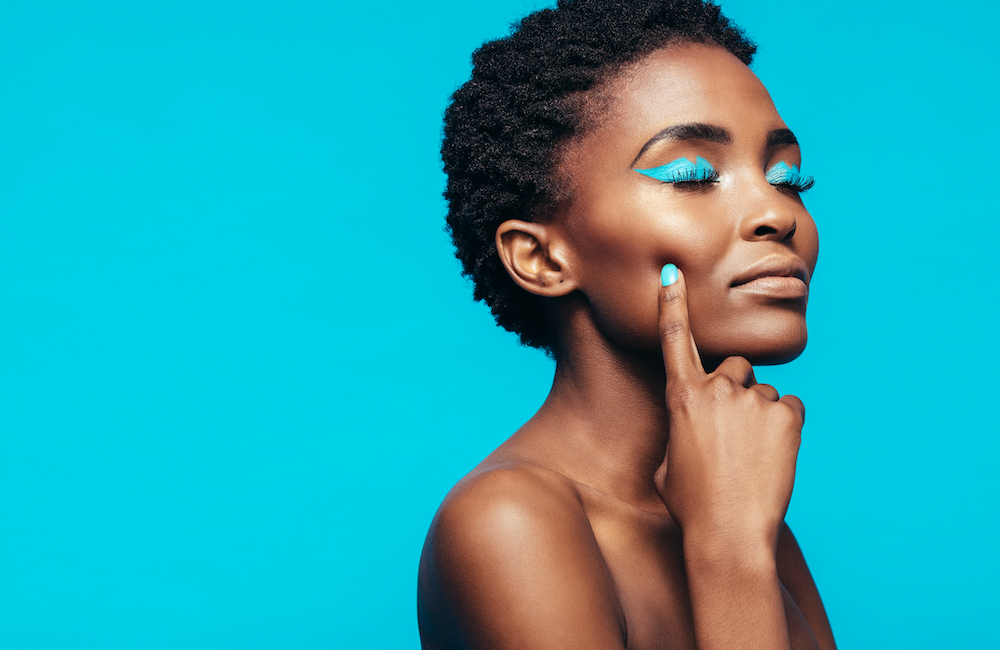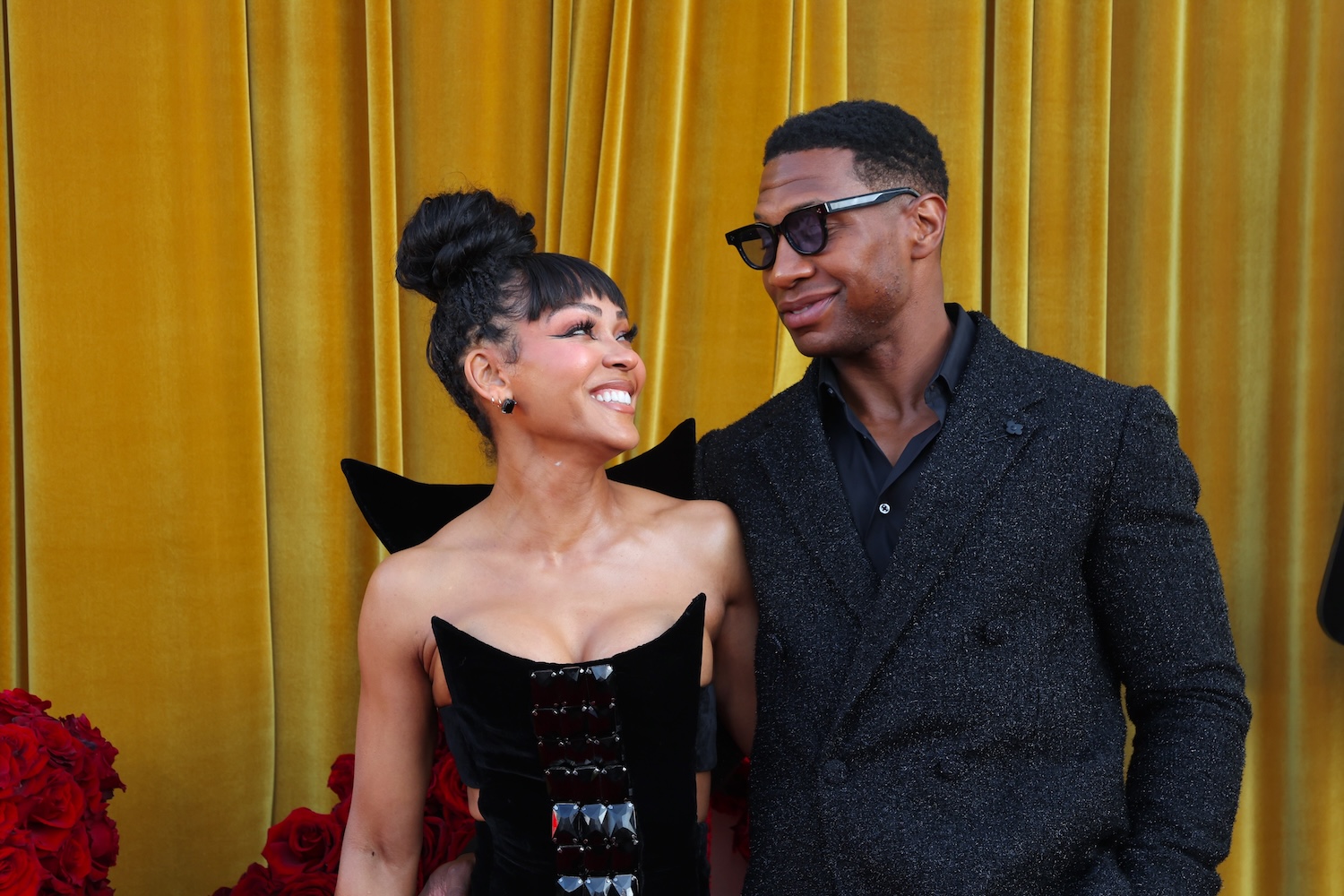As of October 1st all advertisements and marketing communications in Nigeria must only use talent that is native to Nigeria, as stated by the Advertising Regulatory Council of Nigeria. This makes Nigerian the first country to legally ban white talent from ad campaigns.
This means companies will only be able to source local Nigerian talent. Whether it’s for modeling, acting, or voiceovers in their marketing campaigns. Current advertising campaigns with foreigners can continue but moving forward there will be no new permits for ads consisting of those foreign to Nigeria.
The decision comes along with the government’s efforts to develop local talent and build economic growth. In the past, Nigeria only relied on foreign models and voiceover experts in their marketing campaigns. Companies would mainly hire white models or British voiceovers and the government has decided this needed to change.
Before this decision, the Nigerian government had been charging companies a tax. Nearly $240 for using foreign talent in their ads.

Support From Local Officials & Media
“Ten to 20 years ago if you checked the commercials, I would say they were almost 50/50 in terms of foreign faces and all the voiceovers were British accents,” stated Steve Babaeko, head of the Nigerian advertising association. Multinational corporations would also use white models for their global campaigns.
Babaeko chimes that these new regulations are finally “catching up” with the sentiments of Nigeria’s people. “People will tell you, ‘There are about 200 million of us. Are you telling me you could not find indigenous models for this commercial?’” stated Babaeko.
Bolanle Olukanni, a Nigerian TV host adds that it’s also about the competitive nature of the African nations. Since a majority of the ads in Africa are shot in South Africa and Kenya. Ad agencies in Nigeria will now have to develop their advertisements locally.
ARCON head Olalekan Fadolapo also defended the regulation by saying that “advertising should resonate with the people.”
Olalekan Fadolapo, one of the leads in ARCON defended the regulation stating, “advertising should resonate with the people”
“How do you think it will resonate if we keep using foreign artists?” said Fadolapo, adding that other African countries have imposed bans on foreign models before but never has it been made into a regulation until now.





